Goalkeepers, controversy and stubbornness: Dutch history repeats in South America
It's never dull with the Netherlands, and just like the last time the World Cup was in South America, there's goalkeeping intrigue and a gnomic manager...
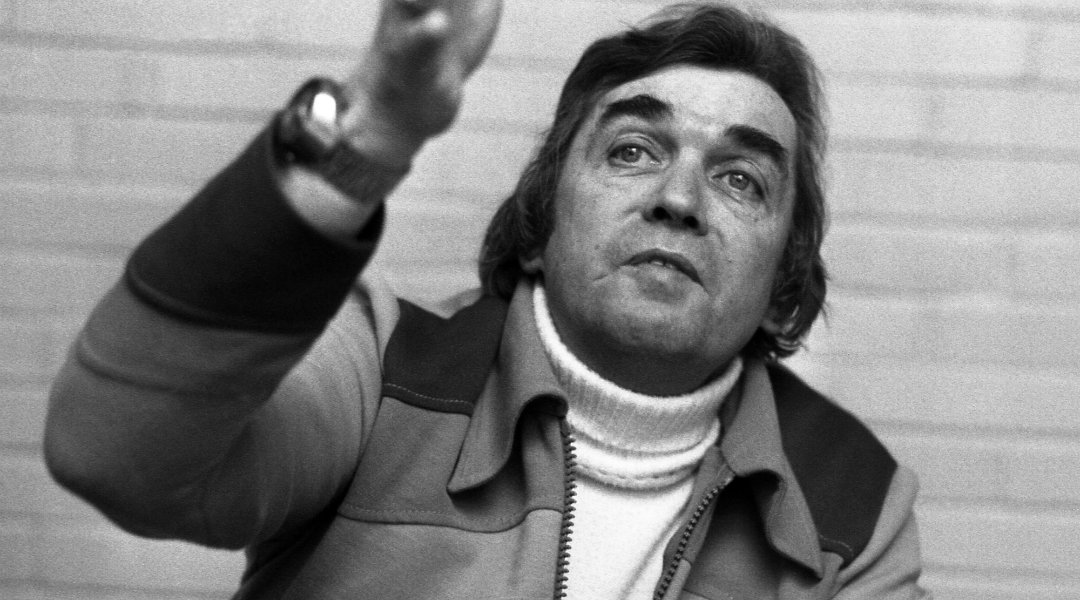
There’s something about the Dutch and goalkeepers.
On Saturday night, under the floodlights of the Fonte Nova arena in Salvador, the watching crowd witnessed the almost unprecedented sight of a goalkeeper being substituted in the dying seconds of extra-time as a penalty shootout loomed.
That was a brave, brave call from Louis van Gaal – particularly coming just minutes after a Jasper Cillessen save had kept the Oranje in the tournament – but when it comes to World Cups, one not entirely out of keeping for a country with a seemingly endless ability to excite and infuriate in equal measure.
That brief moment of spot-kick-saving substitute success may remain Tim Krul’s only taste of World Cup football, but he has already gone one better than perhaps the finest goalkeeper in Dutch history ever did.
Get FourFourTwo Newsletter
The best features, fun and footballing quizzes, straight to your inbox every week.
For almost a decade Jan van Beveren was recognised as the pre-eminent goalkeeper in Dutch and perhaps even European football. But of his 32 international caps, not one came on world football’s biggest stage. The endlessly political world of Dutch football saw to that in 1974, when they lost out in the final to West Germany, and he had retired from international football by 1978, when they suffered yet more heartache at the hands of the hosts in Argentina.
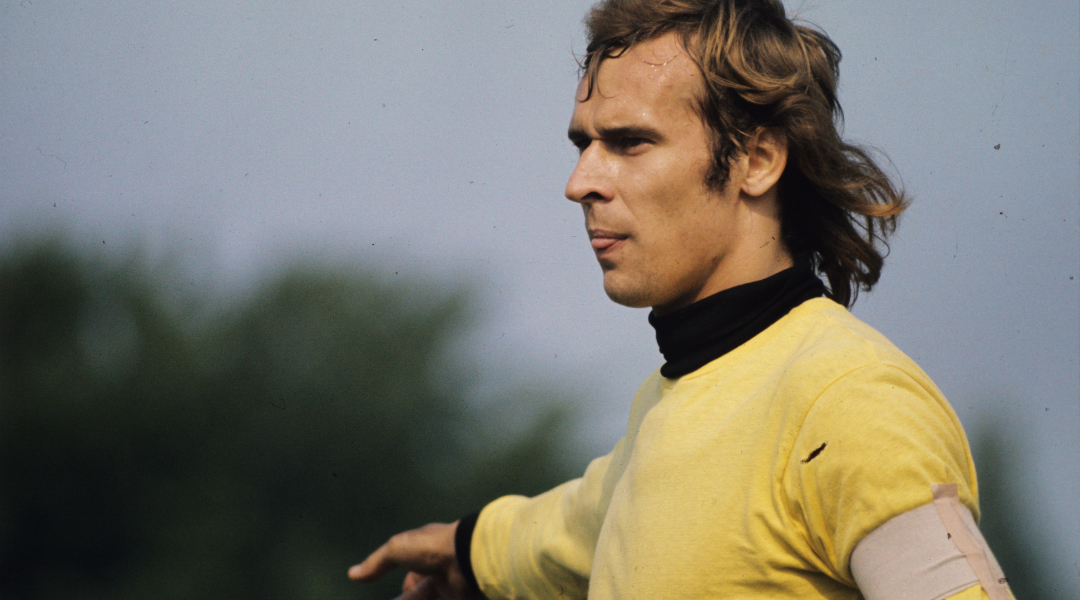
Those two teams will meet again on Wednesday with a place in the World Cup final at stake and Krul, like Van Beveren all those years ago, is likely to be watching on from the sidelines. The only difference is that Krul could well be summoned again, a chance that was denied Van Beveren when he was excluded from those 1970s World Cup squads.
Happel and Michels
The man who could have been his coach 36 years was an Austrian by the name of Ernst Happel – who just weeks before the start of the tournament had led Club Brugge to European Cup final defeat against Liverpool at Wembley.
Apart from their incongruous use of goalkeepers, Van Gaal and Happel would appear to have little in common: one is rarely afraid to voice his opinion, the other shunned the spotlight and rarely made a public utterance of note. What binds the pair is the belief that footballers need the freedom to flourish.
“He is legendary in Holland,” Raymond Verheijen tells FFT of Happel, who became the first man to win the European Cup with two teams, and is one of only four managers to win the league in four different European countries. "He didn’t speak a lot but if he said something it made a lot of sense. His approach, in terms of his coaching, was that less is more.
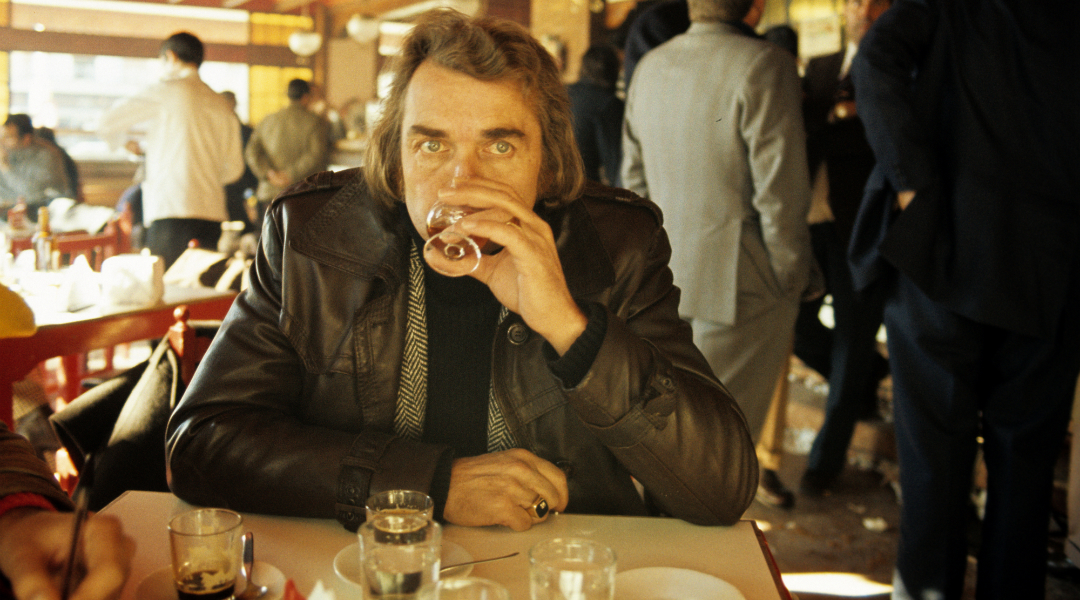
"The players really looked up to him. He gave a lot of responsibility to the players but he was also very strict. On one hand he gave the players the chance to blossom but at the same time off the pitch he demanded total discipline."
Verheijen, who worked with Van Gaal during his previous stint as national coach, sees parallels with a different Dutch World Cup manager.
“I would compare Louis van Gaal with Rinus Michels [the former Ajax manager who led the Dutch in 1974] because Louis is not a silent guy. Happel was one of a kind.”
From Ajax to PSV
That may be so but like Van Gaal, Happel wasn’t afraid to speak up when necessary. He even revealed, to the astonishment of many back home, his tactical plans for the World Cup finals in the run-up to the Netherlands' opening match of the tournament, setting out plans to play five in midfield with the then innovative use of wing-backs.
Whereas the 1974 Dutch team was based around the nucleus of that great contemporary Ajax side – including the likes of Johnny Rep, Arie Haan, Johan Neeskens and, of course, Johan Cruyff – the 1978 vintage largely consisted of the more prosaic talents of the PSV Eindhoven side that had lifted the UEFA Cup against Bastia in World Cup year.
It was also reliant on the goals and creative flair of Rob Rensenbrink, who in Cruyff’s Argentinian absence enjoyed a tournament to remember, scoring a hat-trick in Holland’s opening match against Iran before also netting against Scotland – and against the country of his manager’s birth when the Dutch faced Austria in their opening second round group match.
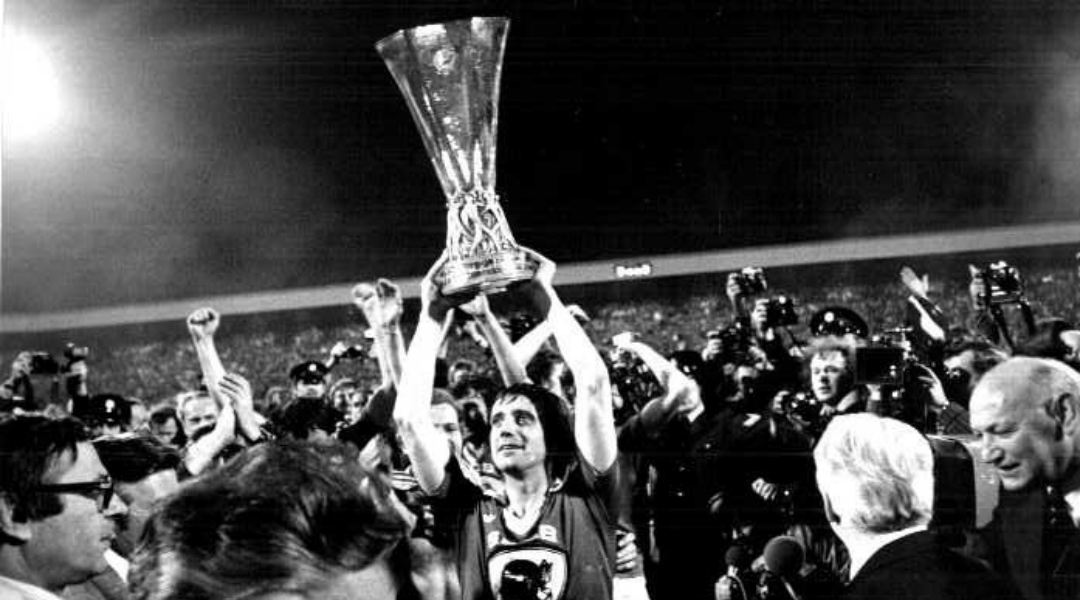
“The 1974 team is the Ajax team and the 1978 team is seen as the PSV team,” says Verheijen. “During the tournament they made some changes and more and more PSV players came into the starting XI. They had won the UEFA Cup that year and this young generation took over. There was also some kind of internal fight – it was almost Ajax vs PSV and PSV won because they had just won the UEFA Cup.”
The mention of in-fighting and the Dutch in the same sentence is far from rare and in 1978 it was no different, with even Happel and his assistant coach Jan Zwartkruis reportedly at loggerheads for much of the tournament.
The match Holland couldn't win
Their spat, though, was nothing compared to the widespread violence perpetrated by the reviled Argentinian junta which viewed the World Cup as a priceless propaganda opportunity. Such was their hunger for victory that Happel’s Dutch side were up against it before the game had even kicked off.
“The game began dramatically and finished no less so,” wrote Norman Fox in The Times. “The Dutch had been waiting for almost five minutes before, with a deliberate sense of timing, the Argentine team appeared amid a blizzard of confetti. There was further delay when Argentina objected to Rene van der Kerkhof wearing a bandage.”
Quite what Van Gaal would have made of it all is anyone’s guess but it’s to Happel’s enduring credit that his side kept their head (if not their bandages) when almost everyone else in Buenos Aires was losing theirs.
“The people in Holland still see that game as the match that Holland could never win,” says Verheijen. “Resenbrink hit the post with almost the last kick of normal time" – this just minutes after Dick Nanninga had equalised Mario Kempes’ first-half opener – "but if that had gone in we would still be playing injury-time now. There was no way that Argentina were going to lose that game.”
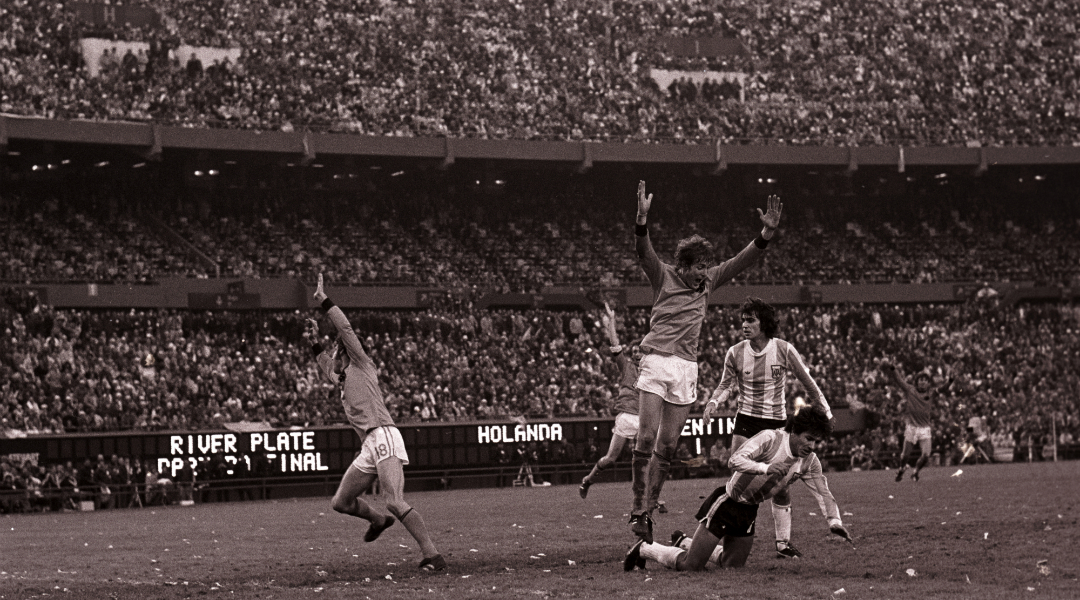
If it was a tough watch back home in the Netherlands, though, it was equally hard viewing in the press box as both teams tore into each other in injury-time. “The match became ever more dramatic and less appealing, for those who remembered the outstanding football the Netherlands played in defeat to West Germany in the last final,” wrote Fox.
You can hardly blame the Dutch for that and the pragmatism of Happel would surely have won the approval of Van Gaal and the current Dutch side, who are unrecognisable from the shambolic outfit witnessed in Ukraine and Poland two summers ago.
“The reason for that is that the current coach selected his squad based on personalities, and because he’s also such a strong character himself, there are not a lot of grey areas for the players,” says Verheijen. “He has learnt his lesson from two years ago because in Euro 2012 [under Bert van Marwijk] it was pandemonium.”
Now it’s anything but – controversial substitutes or not.
